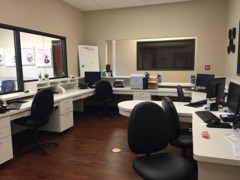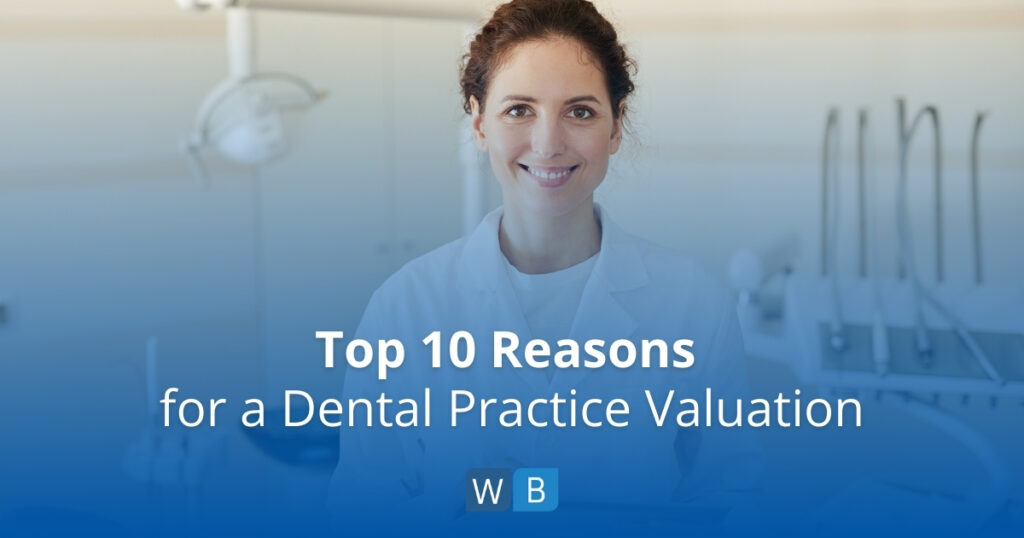IT security has become an increasingly popular issue over the last few decades, especially as the health world has become more and more reliant on digital information. As the owner of your dental practice, protecting the personal information of your patients should be one of your main priorities. And as a small business owner, running your dental office in an efficient, practical and safe way is also critical. We’ve outlined a few tips to help you keep your patient data safe and run an effective business in the twenty-first century.
Using the Cloud
To many, the “cloud” conjures up images of some stockpile of information floating somewhere above us, but in reality it’s a series of connected, physical servers held in warehouses all over the world. The benefit of the cloud is real-time access to information regardless of your location. That means you can access your data from your office, on the road, or at home if you need to. It also means that you don’t need a dedicated server room taking up valuable space in your office.
One drawback to the cloud though is cybersecurity. It’s much more difficult to keep private information secure when it can be accessed from anywhere, at anytime. Because of this, it is important for your business to use a Cloud Service Provider (CSP) that offers encrypted data protection and is HIPAA compliant. One possible solution is the use of Google Apps. While Google Apps are not inherently HIPAA compliant, with a little work and cooperation from Google, the system administrator can set them up to be so.
Encryption
Whether you decide to use the cloud to store patient Protected Health Information (PHI) or your own network of servers, the data must be encrypted. Encryption translates data into a secret code, which can then only be decrypted with access to a secret key. Encryption works by translating PHI into gibberish before it is sent out over the internet, and only those who have the key (in most instances, verified login information) can access it. Most CSPs will allow for data encryption. If you have your own dedicated servers, you’ll need to talk to your IT team about encrypting your data.
Using Updated Software
Outdated software is much more susceptible to hacking, because it is much easier to attack a software or operating system that does not have the newest safeguards in place. For this reason, it is important to continually update your software and operating systems to keep your data safe. In addition, use updated antivirus and malware scanners to protect from any possible attacks.
Secure Your Wireless Network and Mobile Devices
Password protect access to your router and make sure that it is encrypted and hidden. Also, if your employees use any mobile devices to access PHI, require that those devices are password-protected and encrypted.
Secure Dental Practice Management Software
Each practice will have different needs and find different software that suits those needs. Each platform has its advantages and disadvantages, but there are a few market leaders. Dentimax, Dentrix, Eaglesoft, and Carestream PracticeWorks are some of the most popular options. They will all help with enhancing your office’s workflow by providing solutions for billing, patient management, and patient records.
Preventing Data Compromise
Your practice’s cybersecurity is an important issue to address. Protected Health Information is valuable data to the patient, your practice, and cyber attackers alike, so it is crucial that your dental practice takes the necessary steps to defend that information. In addition, your practice database will have sensitive employee and financial information—data you really don’t want to leave open to an attack.
To help you manage the IT security of your dental practice and how that fits in with HIPAA requirements, we’ve developed a HIPAA and IT Security Checklist for your easy reference. Download our checklist today and assess the IT security of your dental office!



